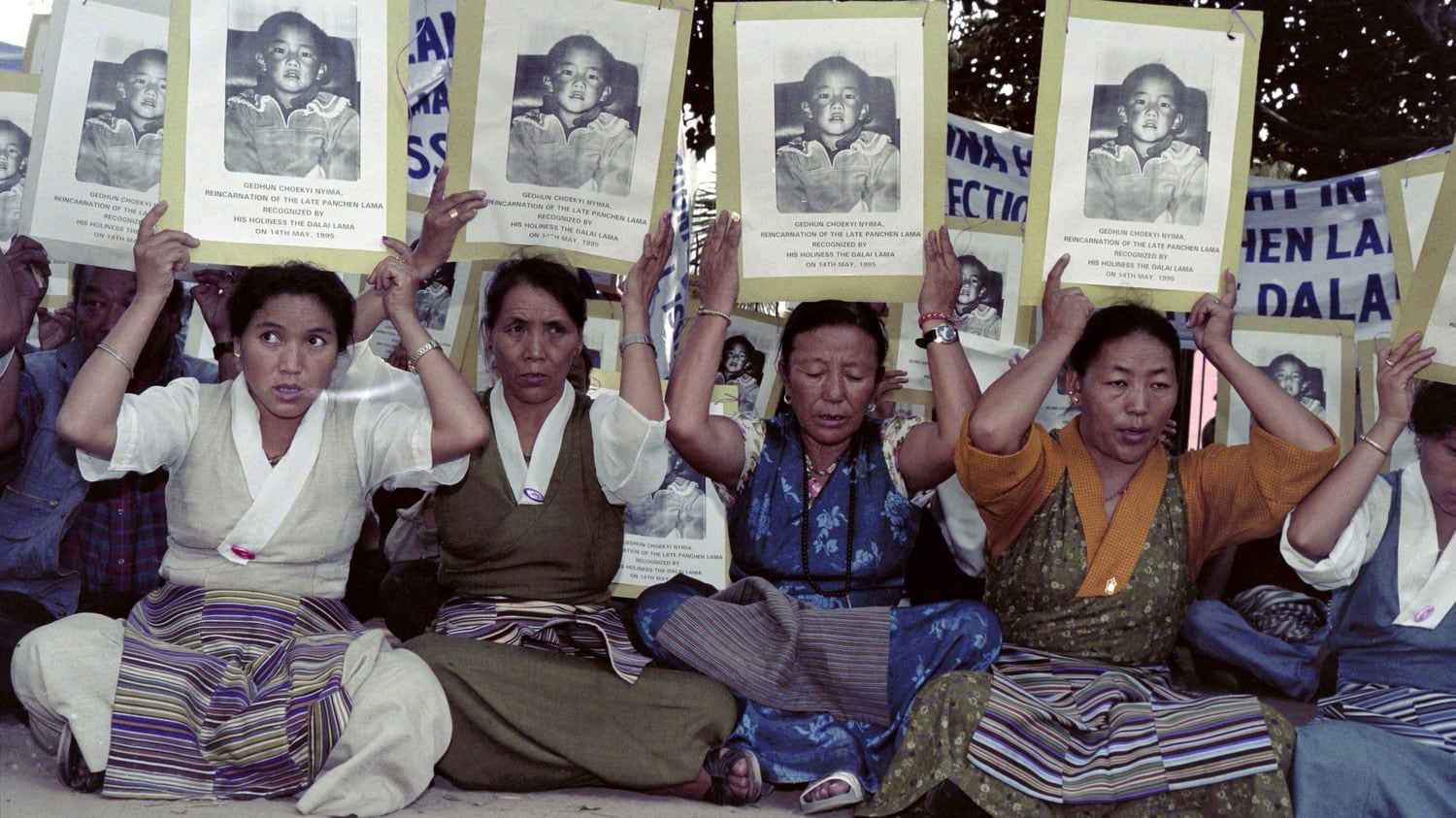The Trump administration must move quickly to fill a long-vacant State Department position focused on Tibetan issues, a bipartisan U.S. commission monitoring religious freedoms said on Tuesday, calling the Special Coordinator post crucial to mobilizing government resources to address deteriorating religious freedom in the Himalayan region ruled by China.
“The Chinese Communist Party is attempting to erase the unique identity of Tibetan Buddhism,” Gary Bauer, a commissioner at the U.S. Commission on International Religious Freedom (USCIRF), said in a May 12 statement.
“We need to utilize all of the policy tools available, including the position of Special Coordinator for Tibetan issues, to confront this grave threat to religious freedom,” Bauer said.
“It’s high time to appoint the Special Coordinator for Tibet Issues,” a position that has gone unfilled since 2017, said USCIRF commissioner Tenzin Dorjee, noting that Chinese authorities have interfered with the successions of the Panchen Lama and the exiled Dalai Lama in a move widely seen as an effort to create politically compliant religious leaders.
On May 14, 1995, the Dalai Lama, recognized six-year-old Gedhun Choekyi Nyima as the 11thPanchen Lama, but Chinese authorities took him and his family away three days later, installing another boy in his place.
The religious leader’s whereabouts and condition remain unknown and he has not been seen in public since his disappearance.
Ethnic Unity laws and high-tech surveillance are also used by China to manage life in Tibetan monasteries and “suppress Tibetan religious freedom and human rights,” Dorjee added.
The Trump administration takes the issue of religious freedoms in China very seriously, and the problem is getting “a lot of concern at the highest levels of our government,” said Dominic Nardi, a policy analyst for Asia at USCIRF, speaking on Tuesday to RFA’s Tibetan Service.
“[And] we have observed in the past that the Special Coordinator can have a really important role in making sure that these issues get the attention they deserve,” Nardi said.
Filling the vacant post of Special Coordinator for Tibetan Issues should now be a State Department “priority concern,” Nardi said.
Reported by Tashi Wangchuk for RFA’s Tibetan Service. Written in English by Richard Finney.

